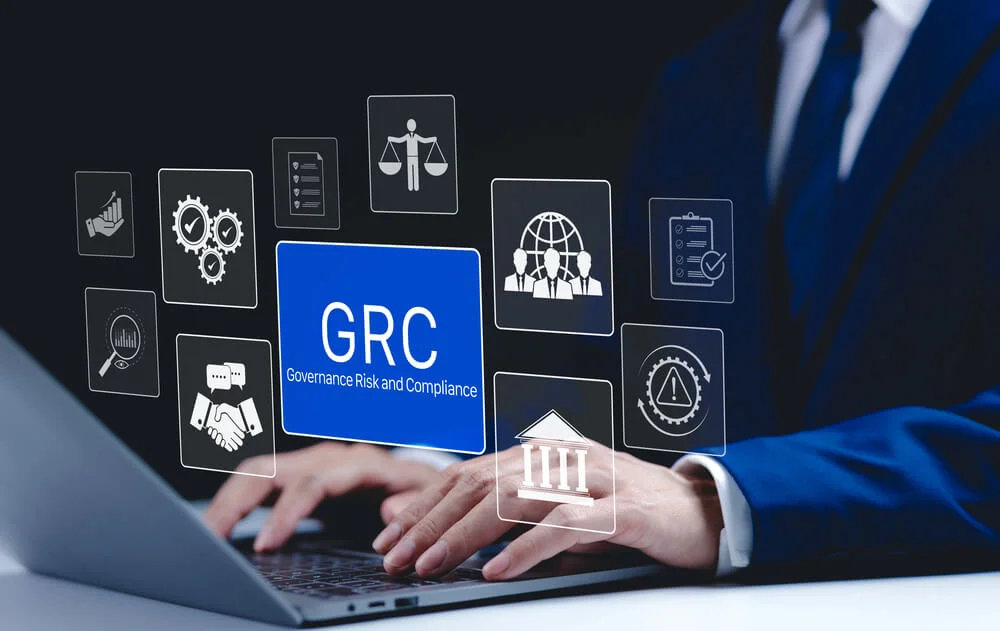A social compliance audit is crucial in developing ethical and sustainable business practices. These comprehensive assessments delve into a company’s policies and values to determine how they compare to modern and industry standards and regulations.
When used correctly, an audit is nothing to fear; it is something to help your organization grow and thrive in a more transparent environment.
Main Elements of a Social Compliance Audit

Social compliance refers to a set of ethical principles and guidelines that companies strive to uphold throughout their operations and supply chains. It goes beyond obeying laws, delving deeper into ensuring responsible practices that protect workers, the environment, and communities. Some of the core values that underpin social compliance are:
- Fair labor practices
- Health and safety
- Environmental responsibility
- Subcontractor management and oversight
An audit of social compliance is a systemic and independent assessment of a company’s commitment to social compliance principles and values. It acts as a checkup to identify potential gaps in execution and helps to ensure the company upholds ethical practices.
A social compliance audit must follow a structured methodology that aligns with accepted industry standards. For example, SA8000 is a globally recognized standard that outlines eight critical areas of social responsibility, including child labor, forced labor, health and safety, and freedom of association. The U.S. has the Fair Labor Standards Act, which outlines minimum wage requirements, overtime pay, and child labor standards.
What Is an Example of a Social Compliance?
Assume that company X is a clothing retailer committed to ethical sourcing. They partner with a garment factory in another country. Company X must assess the factory’s health, safety, and environmental policies and practices through an audit to ensure social compliance.
A social compliance audit is performed by visiting the factory and researching employee wages and working conditions. While regulations in the factory’s country might differ from those in company X’s, they should ensure their partner adheres to local standards. If the factory does not meet regulatory expectations or those of company X, they should encourage fair practices or cut ties.
Fair labor practices are only one aspect of social compliance. Company X should also assess how the factory deals with waste and energy usage. It should encourage its new partner to adopt environmentally conscious practices to promote sustainability within the industry and encourage consumer support.
Why Are Social Compliance Audits Important?

A social compliance audit is critical for businesses of all sizes, especially in the modern world. Consumers no longer take brands at their word. Ethical consumerism means customers actively research companies and their practices throughout their supply chain.
The demand for transparency is a double-edged sword because, in one respect, it can lead to a loyal and dedicated consumer base, but it also demands greater control over third-party relationships, like suppliers and distributors.
If something unethical occurs at any point in the supply chain, even those far removed from a company, it can damage the organization’s reputation. In some instances, boycotts occur as consumers demand culpability. Legal and compliance issues can also arise, resulting in financial and regulatory penalties.
Regardless of the size or complexity of supply chains, businesses are responsible for ensuring legal and ethical practices throughout. Social compliance audits are not optional for companies that want to operate ethically and sustainably. They are a tool for building brand reputation, mitigating risk, and ensuring a resilient and responsible operation.
What Is the Scope of a Social Compliance Audit?
The audit delves deep into a company’s operations, assessing its alignment with fundamental social responsibility principles. While the scope can vary based on the industry, company size, and chosen social compliance standard, auditors typically cover several key areas: labor practices, health and safety, environmental management, and subcontractor management.
Regarding labor practices, auditors verify that workers receive fair wages that meet legal minimums and industry standards. They also ensure that working hours comply with regulations and don’t exceed limits. An audit examines operations to ensure the absence of child and forced labor.
Finally, auditors review policies and practices that prevent discrimination and verify that workers have the right to join unions or representation groups without fear of retaliation.
Health and safety assessments identify safety and equipment training practices, ensuring every worker receives adequate education and has access to personal protective equipment when necessary. Auditors assess efforts to mitigate workplace hazards and may identify potential risks overlooked by the business.
Social compliance audits may also review policies on waste disposal, pollution control, and resource conservation. The assessment focuses on compliance with regulations to minimize environmental impact and may not be relevant to all businesses.
Regarding subcontractor management, the audit focuses on business suppliers and partners in the supply chain. The process might include on-site audits of subcontractor facilities and ongoing monitoring and reporting to track potential social compliance issues.
What Is the Social Compliance Audit Process?

Social compliance audits are either scheduled or unannounced. Preplanned audits focus on collaboration between the company and the auditing firm. A company provides access and information, and the auditor defines the scope of the process based on the chosen standard.
When on-site, auditors inspect the facility to identify potential safety hazards, assess working conditions, and verify compliance with environmental regulations. They examine provided documents to ensure regulatory and chosen standard alignment. Confidential worker interviews help auditors further understand operations and company adherence to legal and ethical practices.
After on-site assessments and interviews, the auditors compile their findings into a report and corrective action plan (CAP) — a formal document that outlines steps necessary to correct specific problems or areas of compliance. The CAP must explain specific corrective actions and provide timelines or deadlines if provided. Auditors will revisit the site to conduct follow-up audits and verify corrective actions.
How Can Compyl Help With Your Company’s Compliance Audit?
Compyl is a leading provider of information security compliance and automation solutions. Our comprehensive suite of services helps businesses navigate the complex landscape of regulatory issues, including the social compliance audit.
With technology integration, your business can enhance audit efficiency and accuracy, reduce risk, and enhance brand reputation. Request a demo to learn what Compyl can do for your business.




